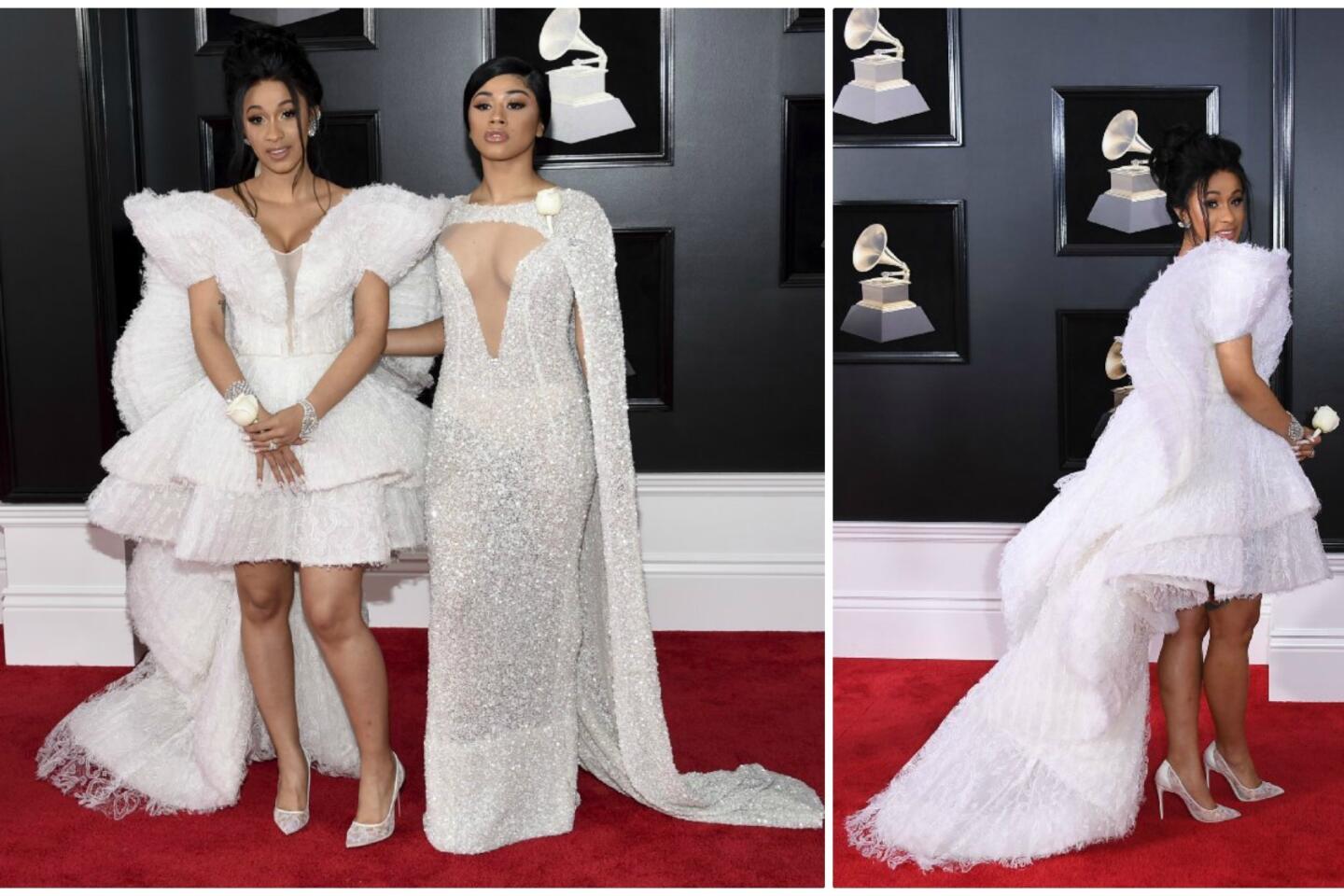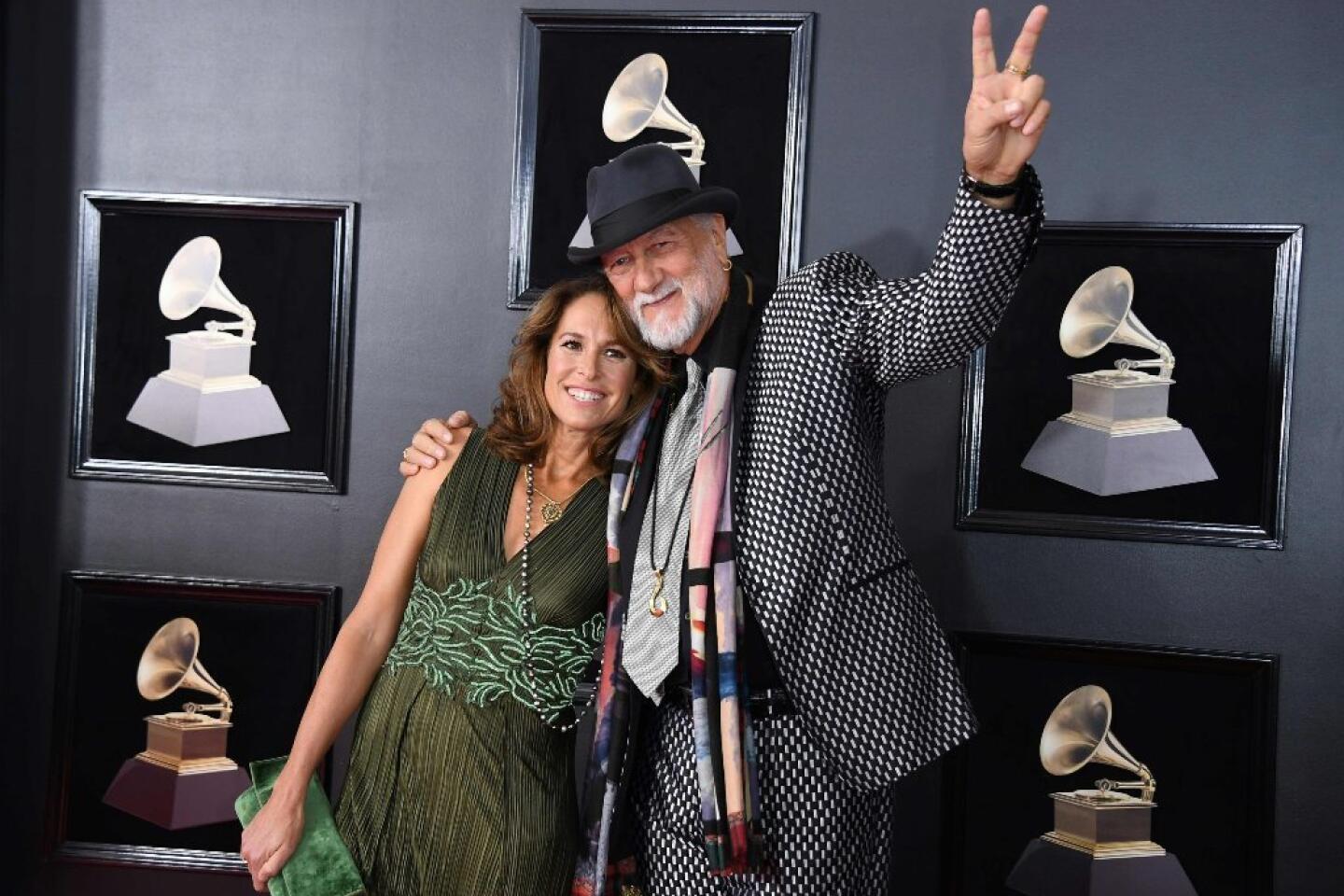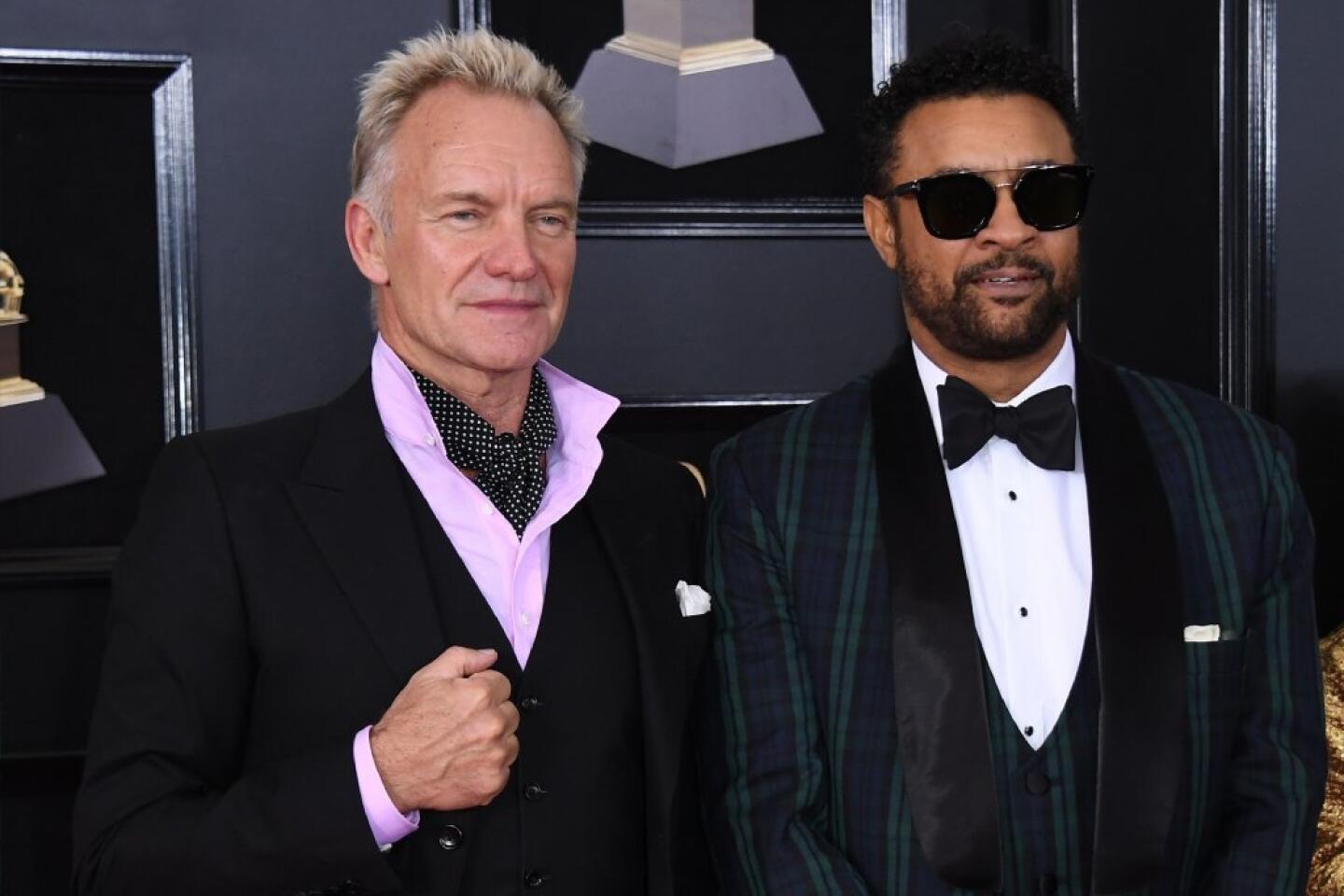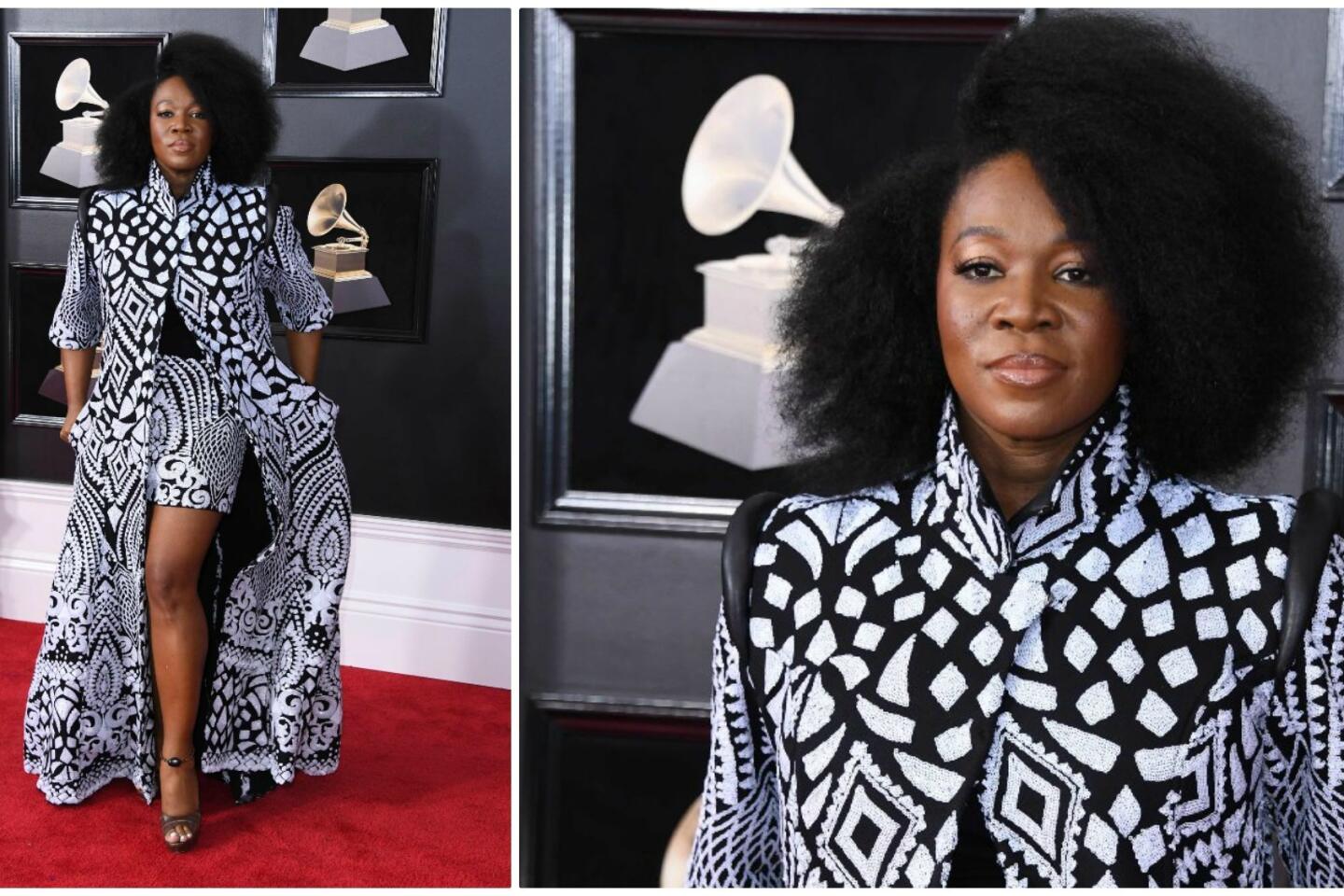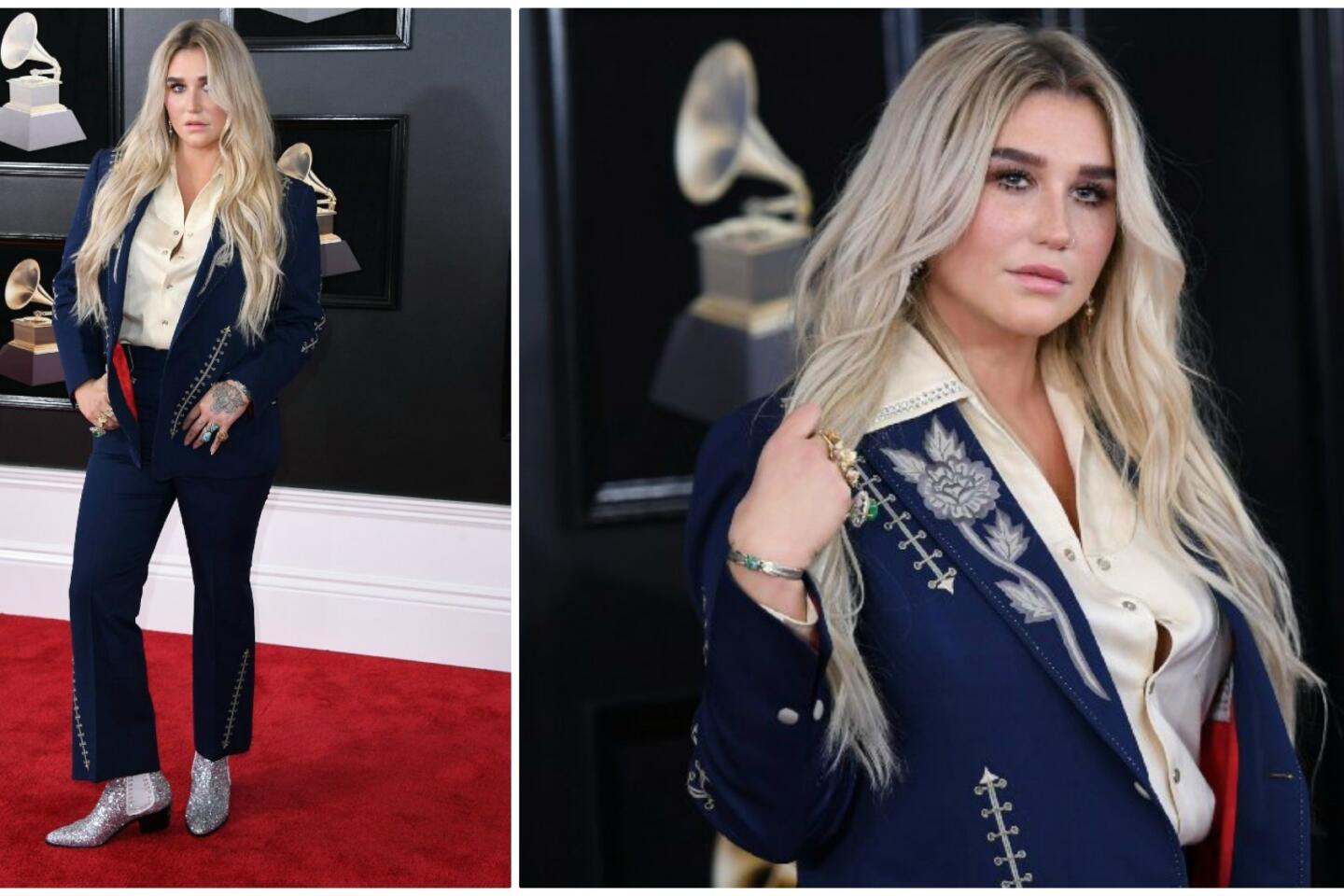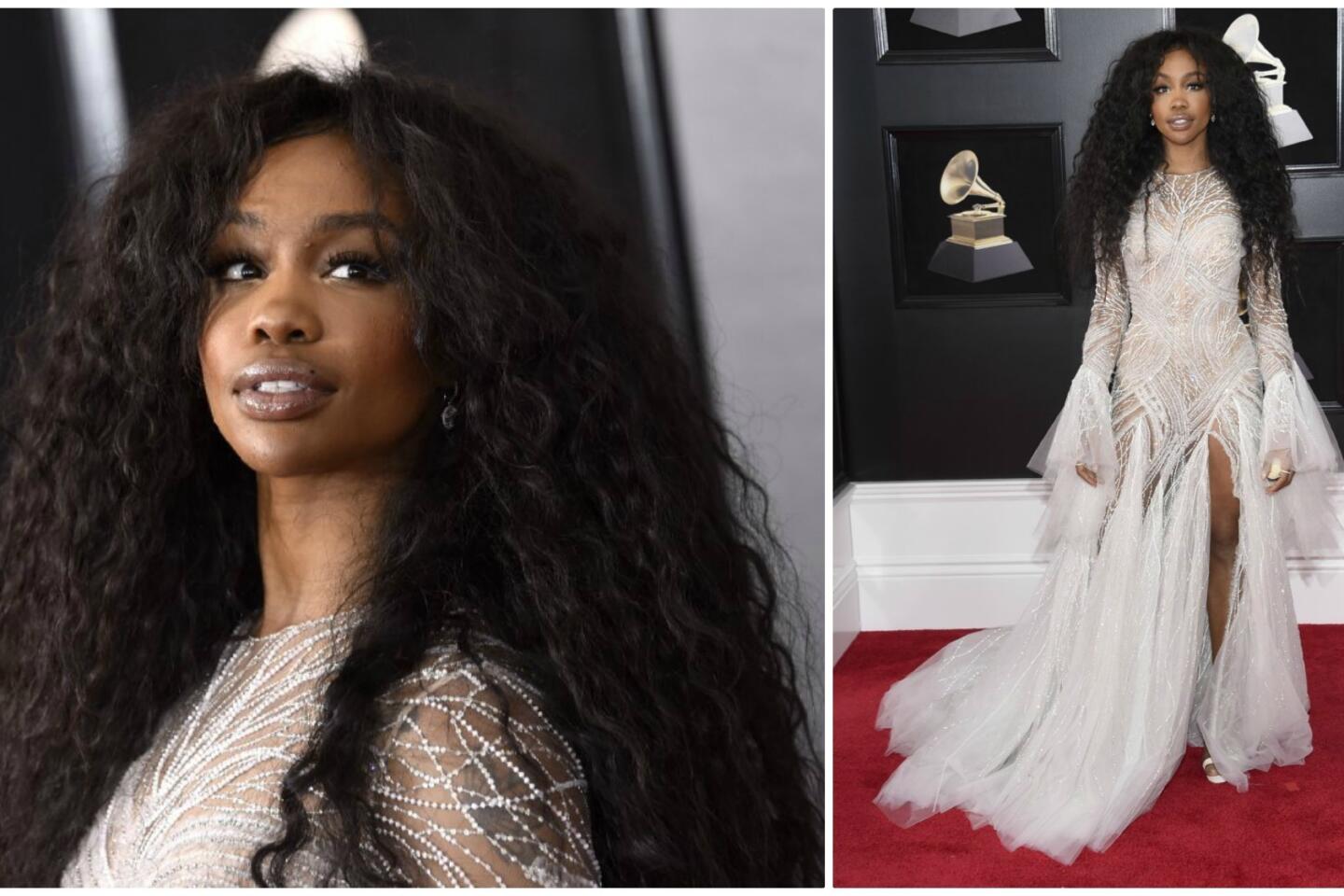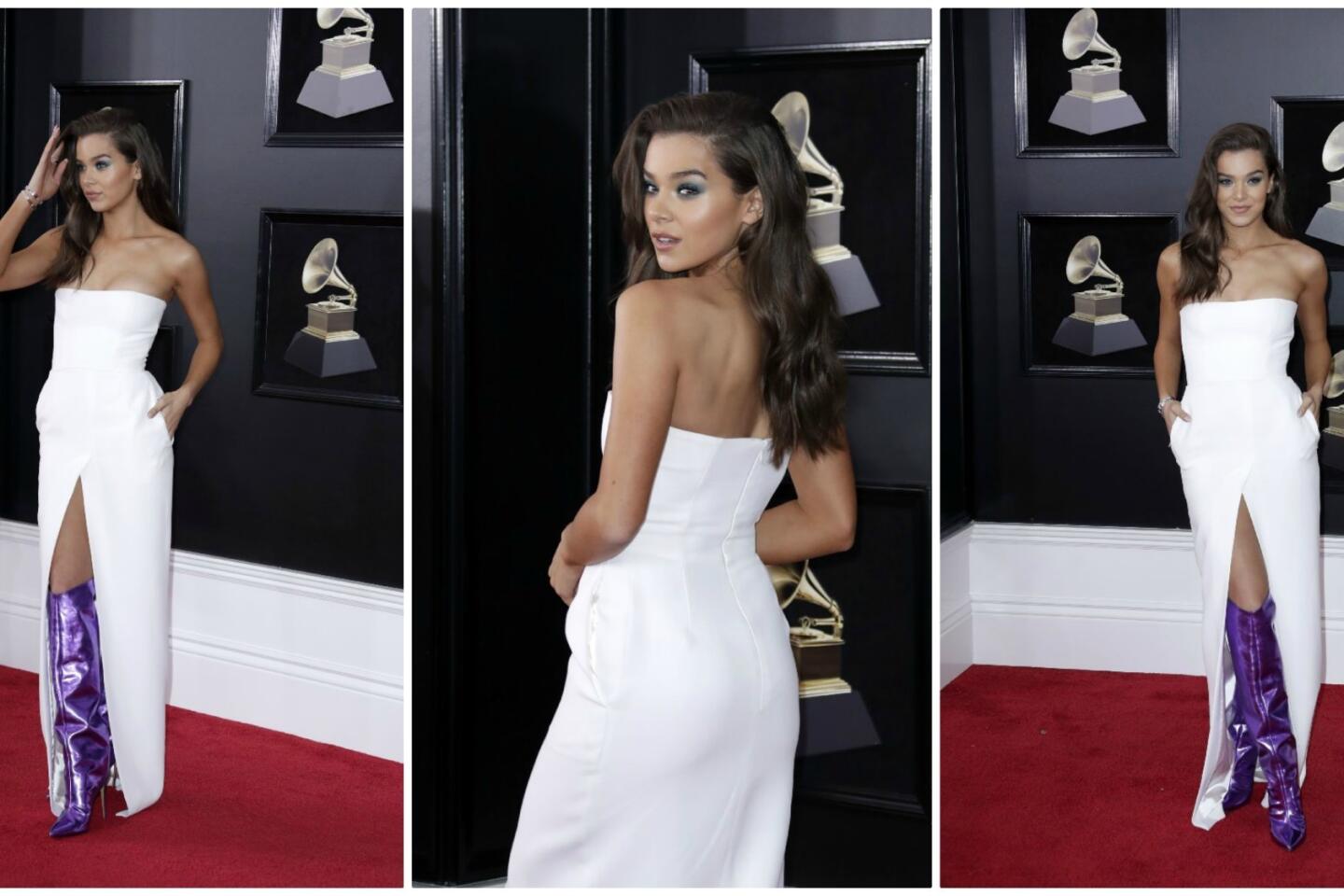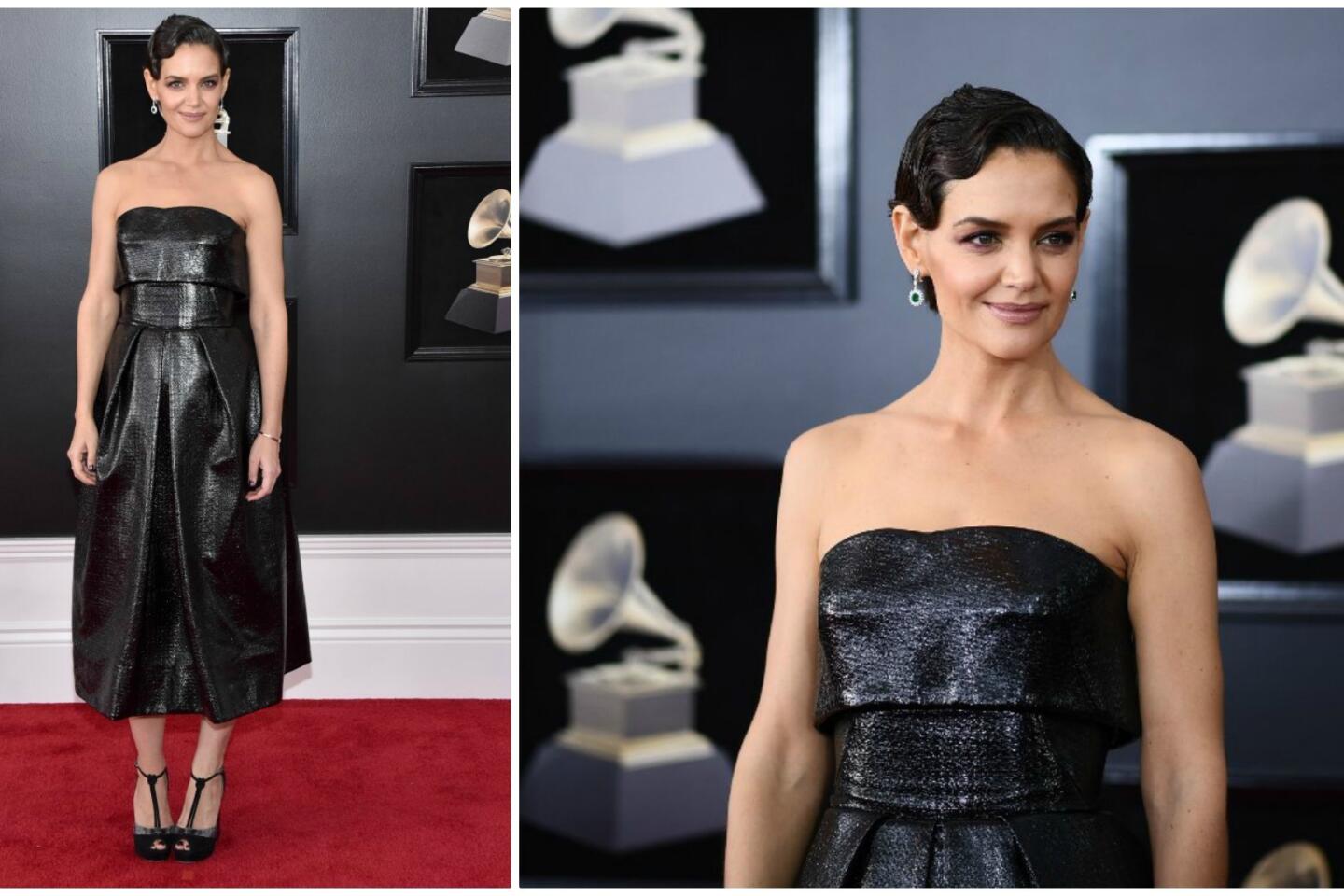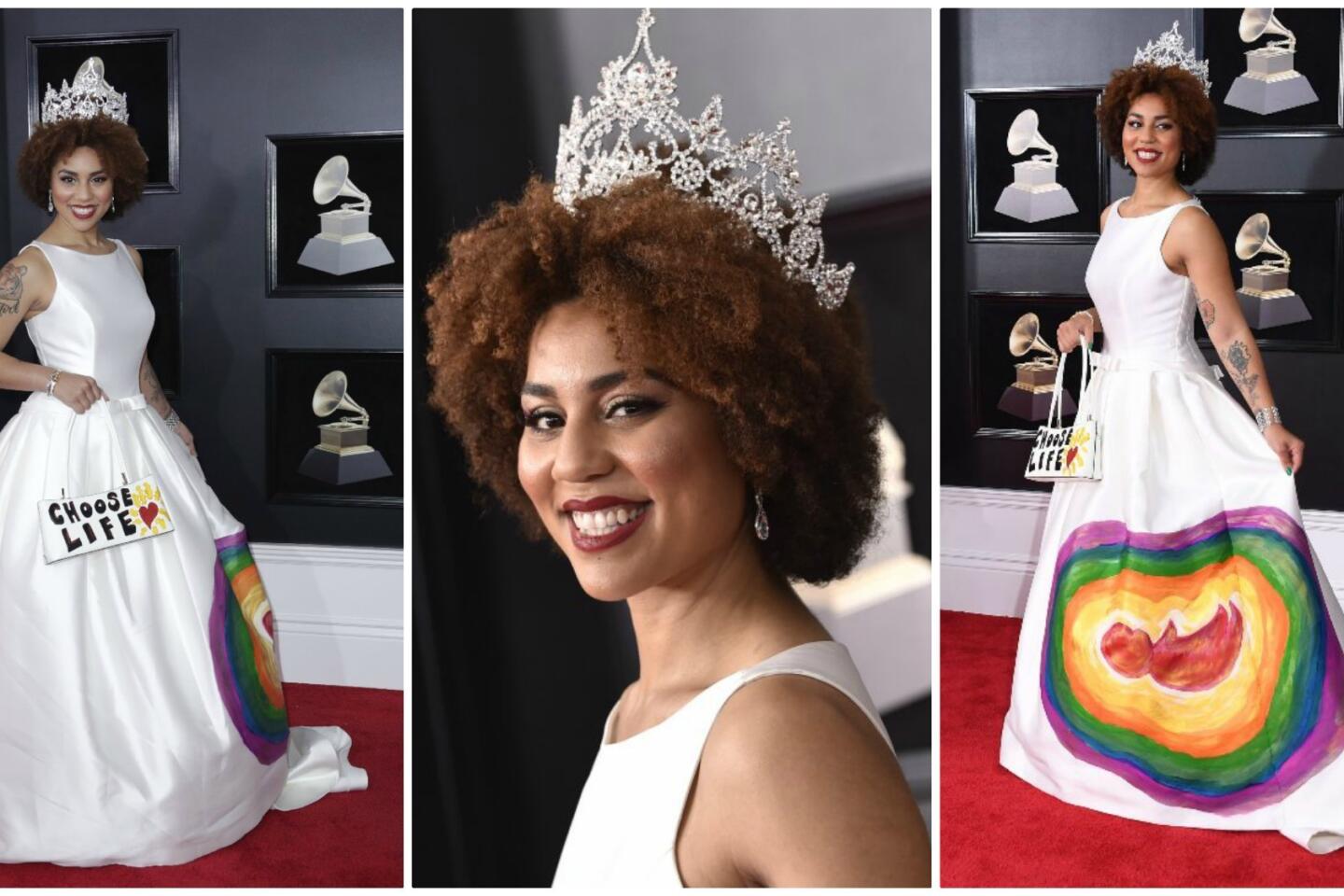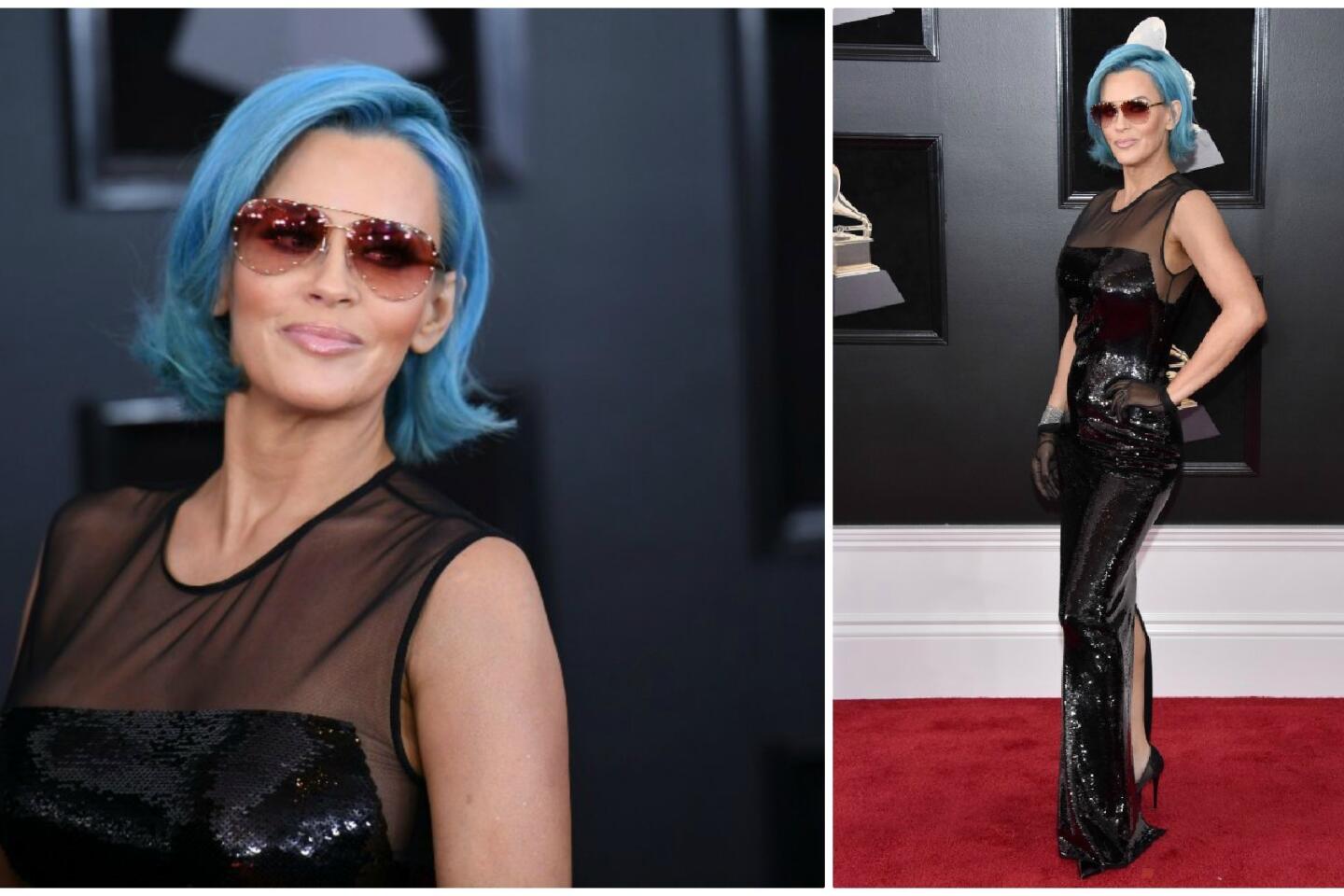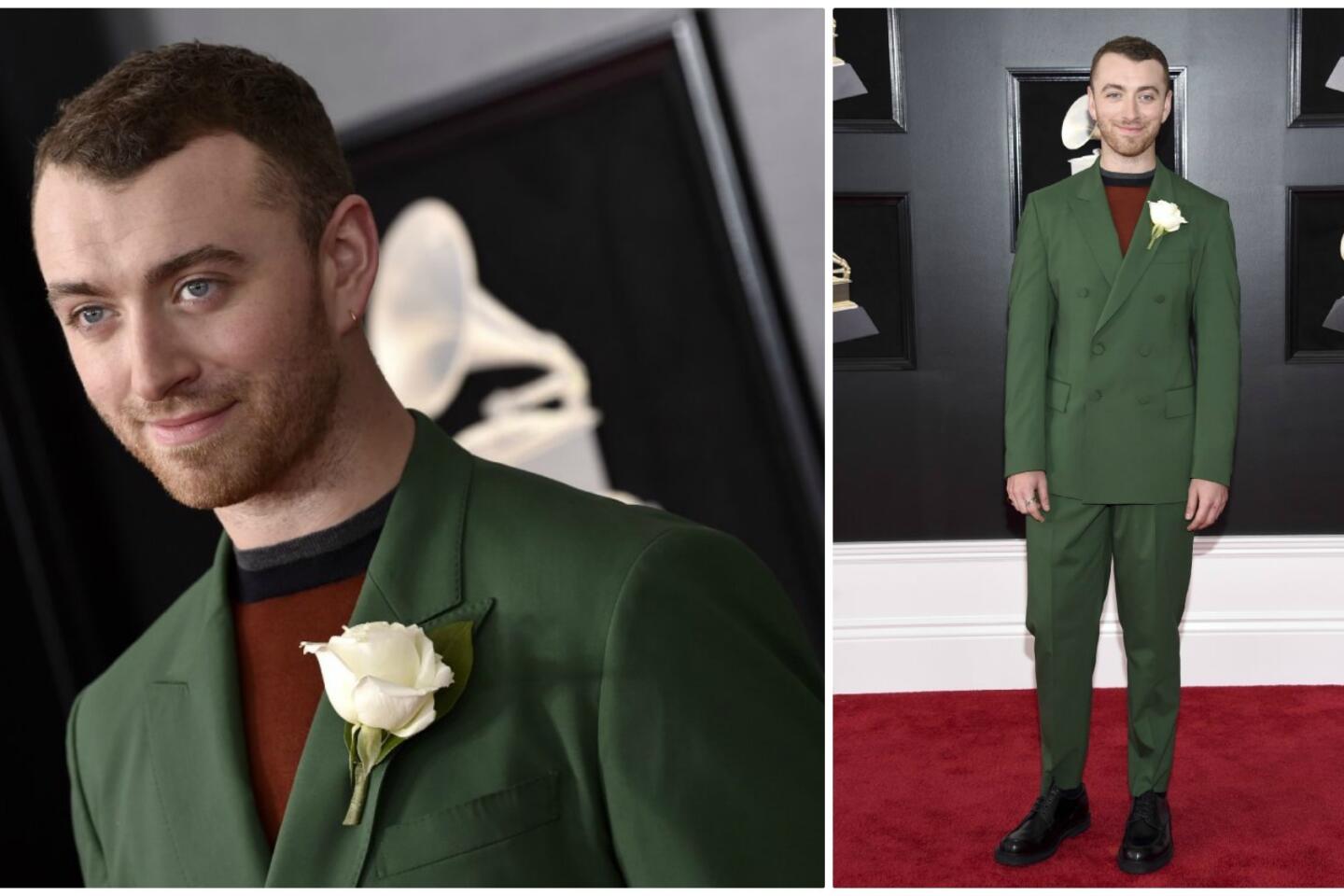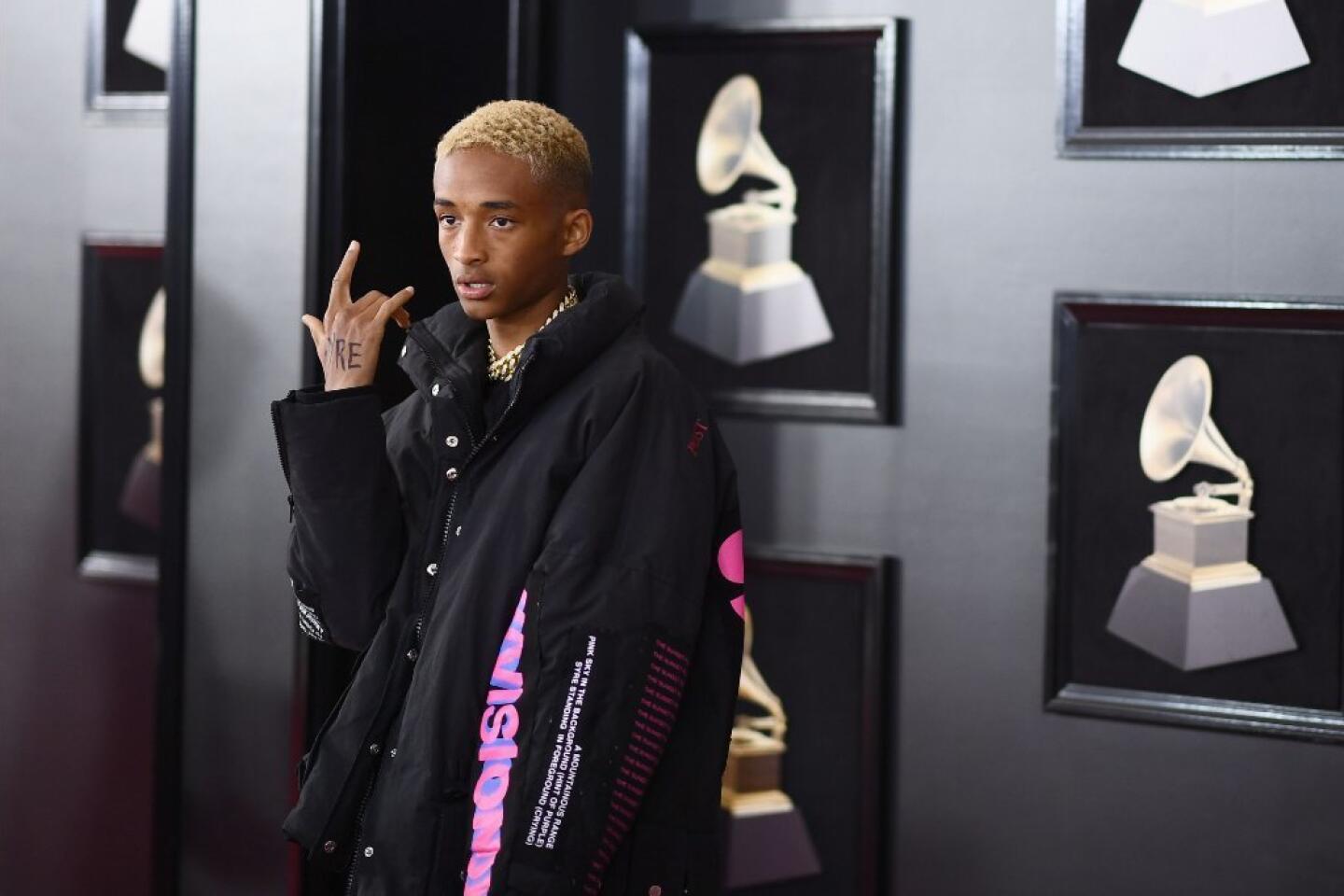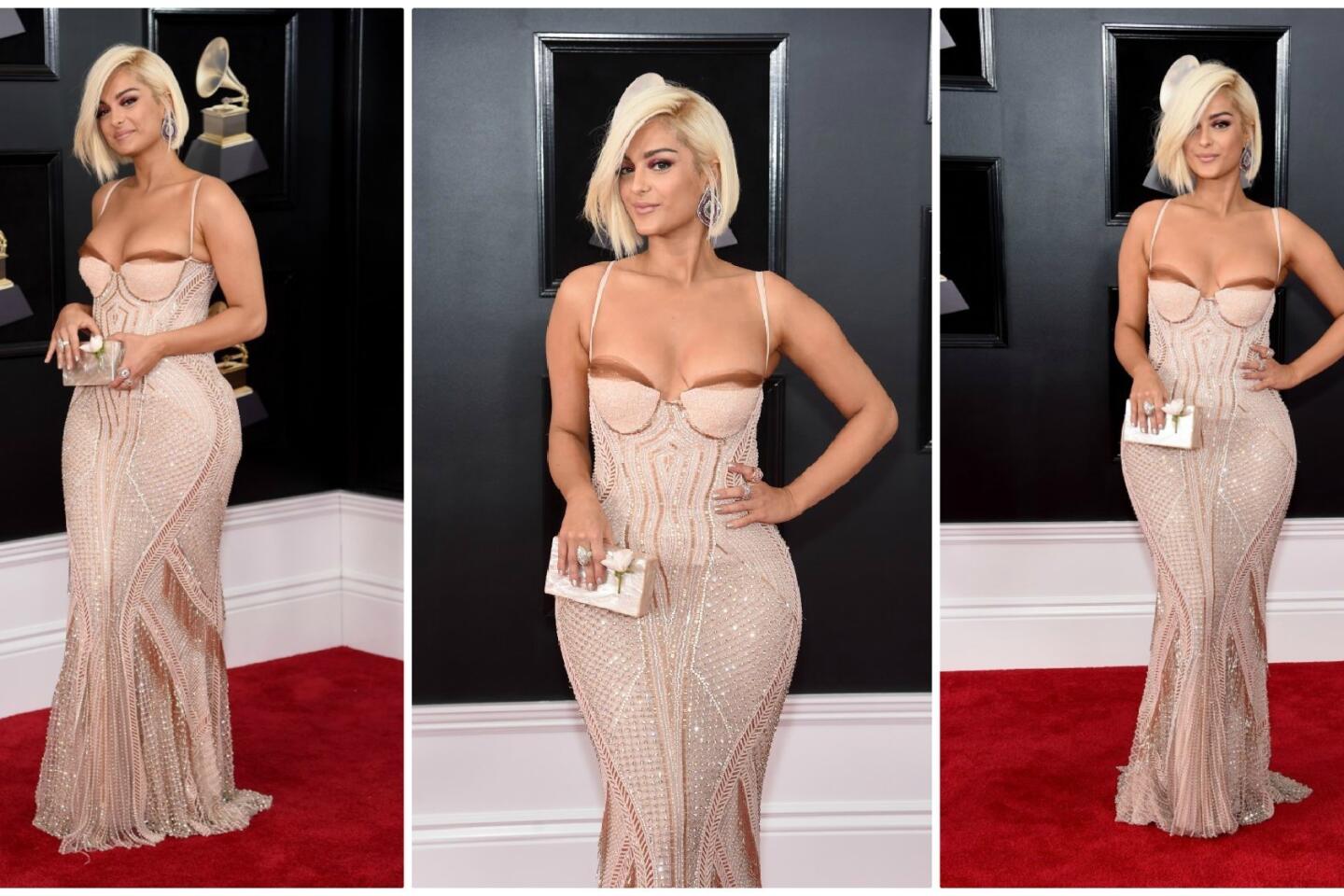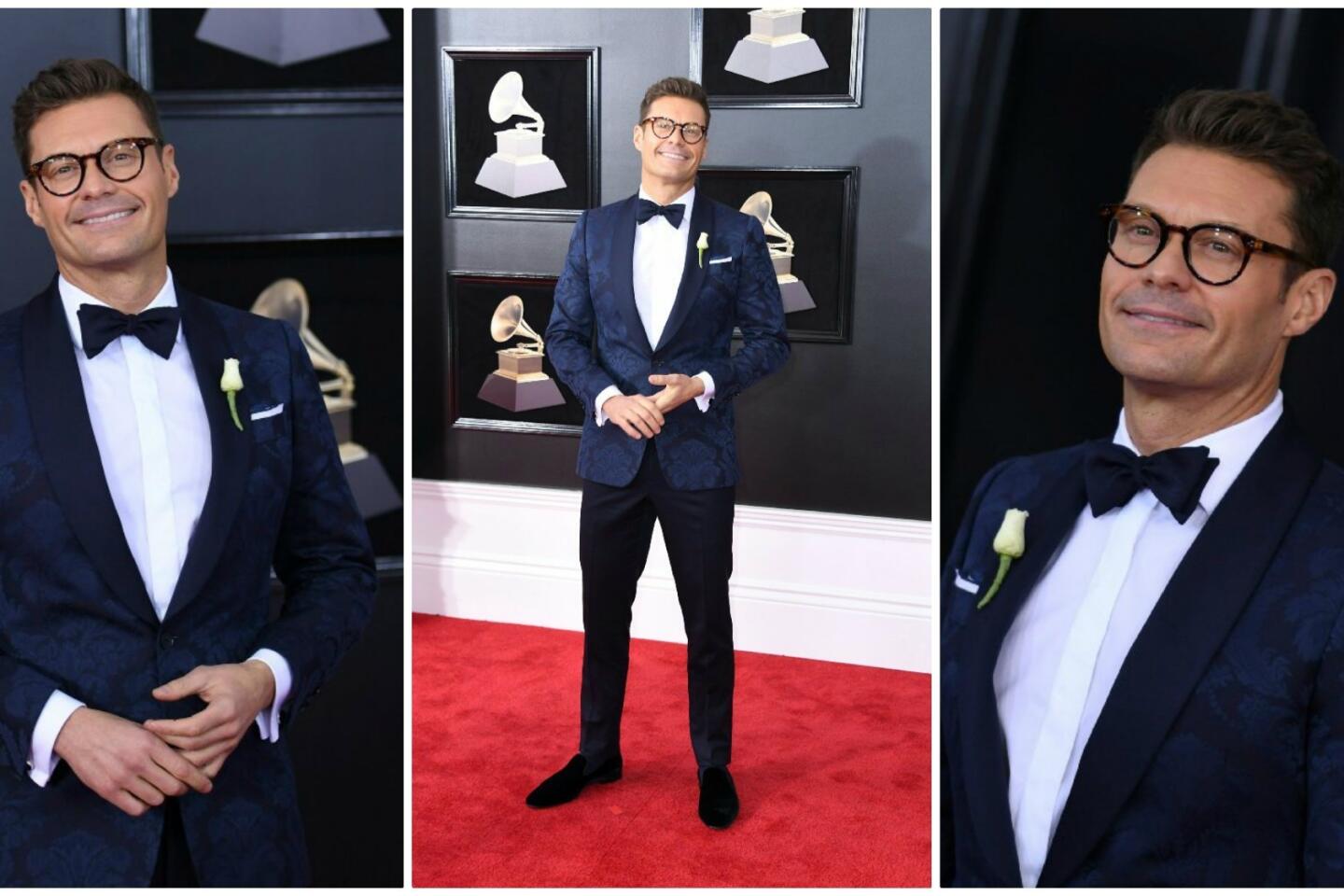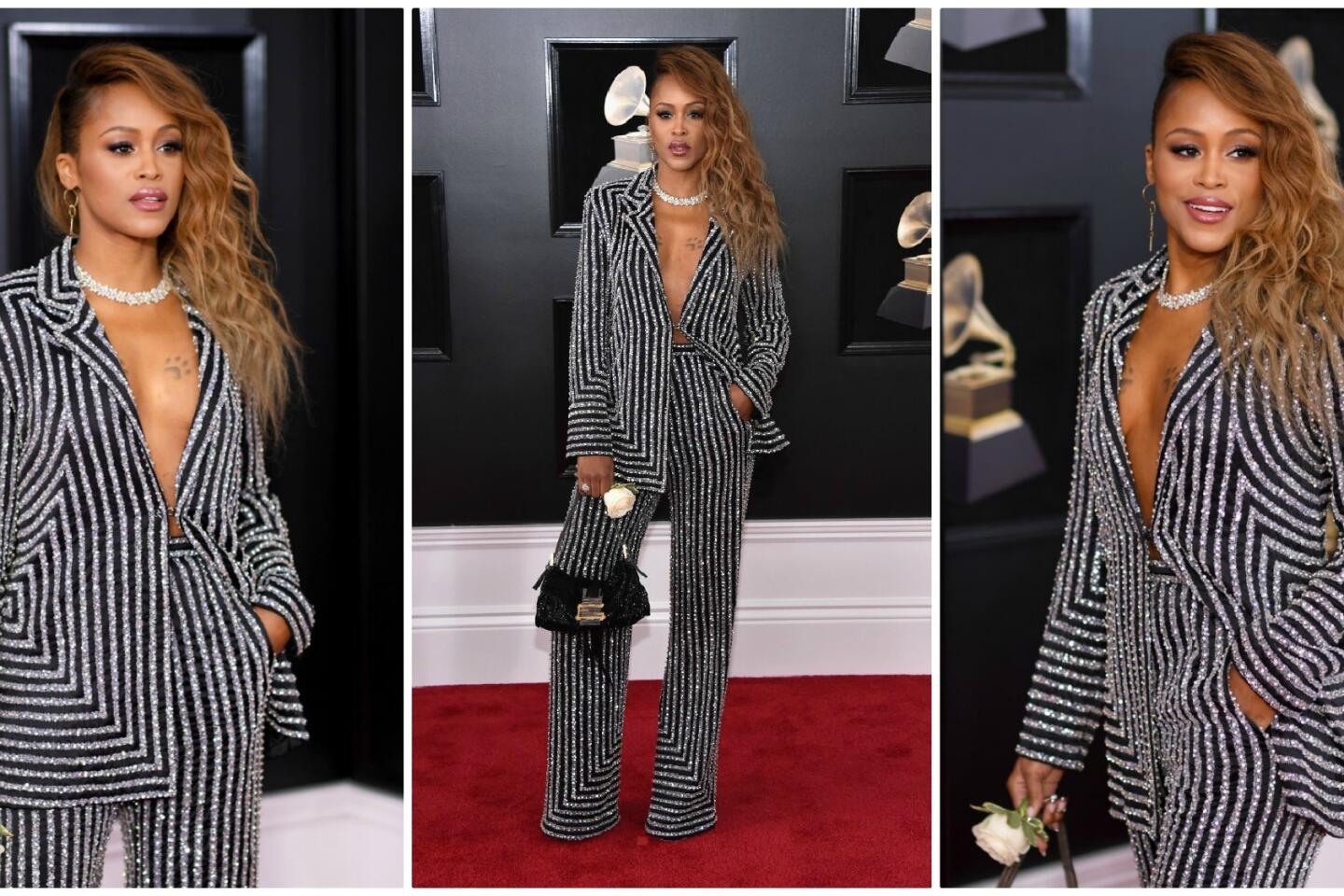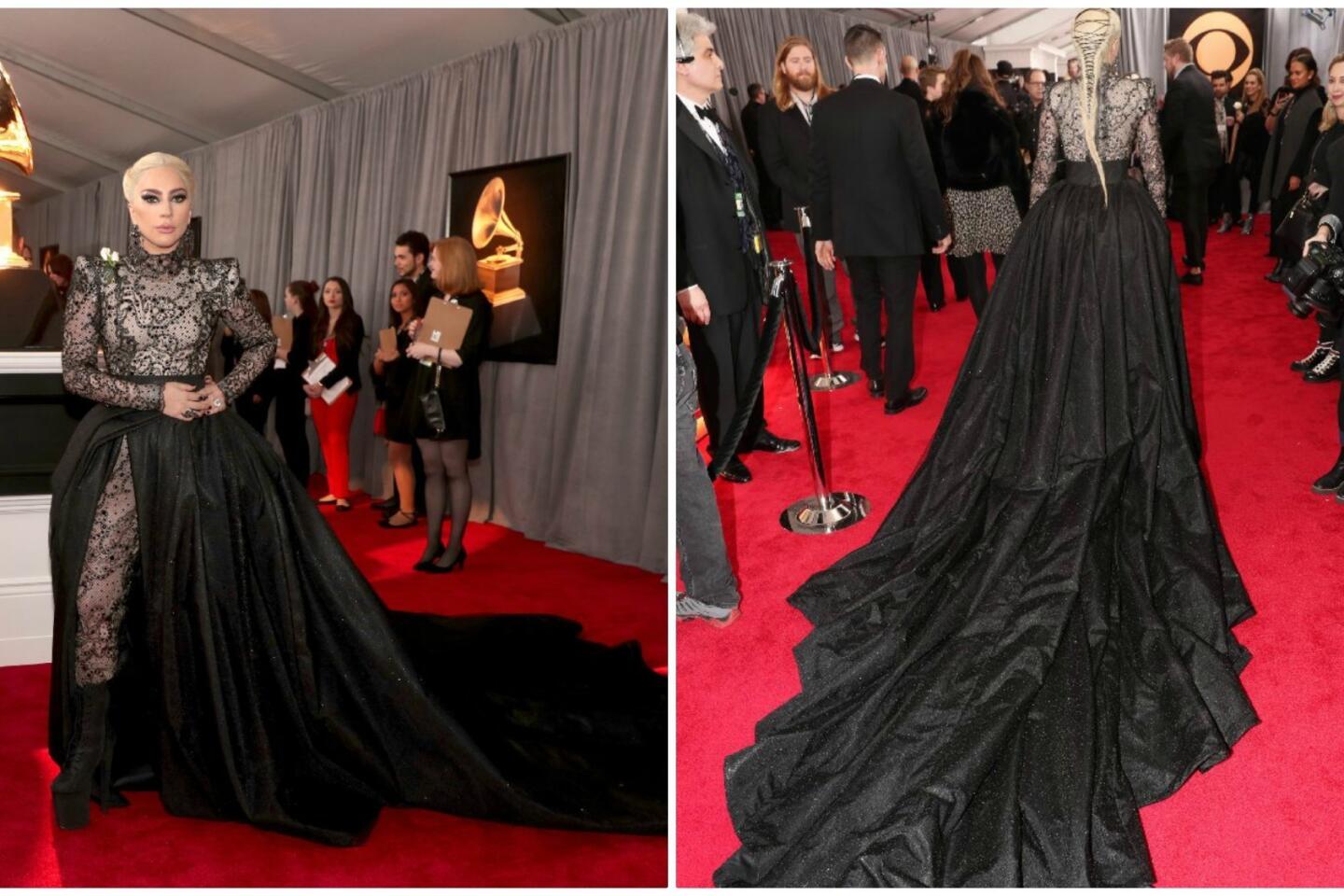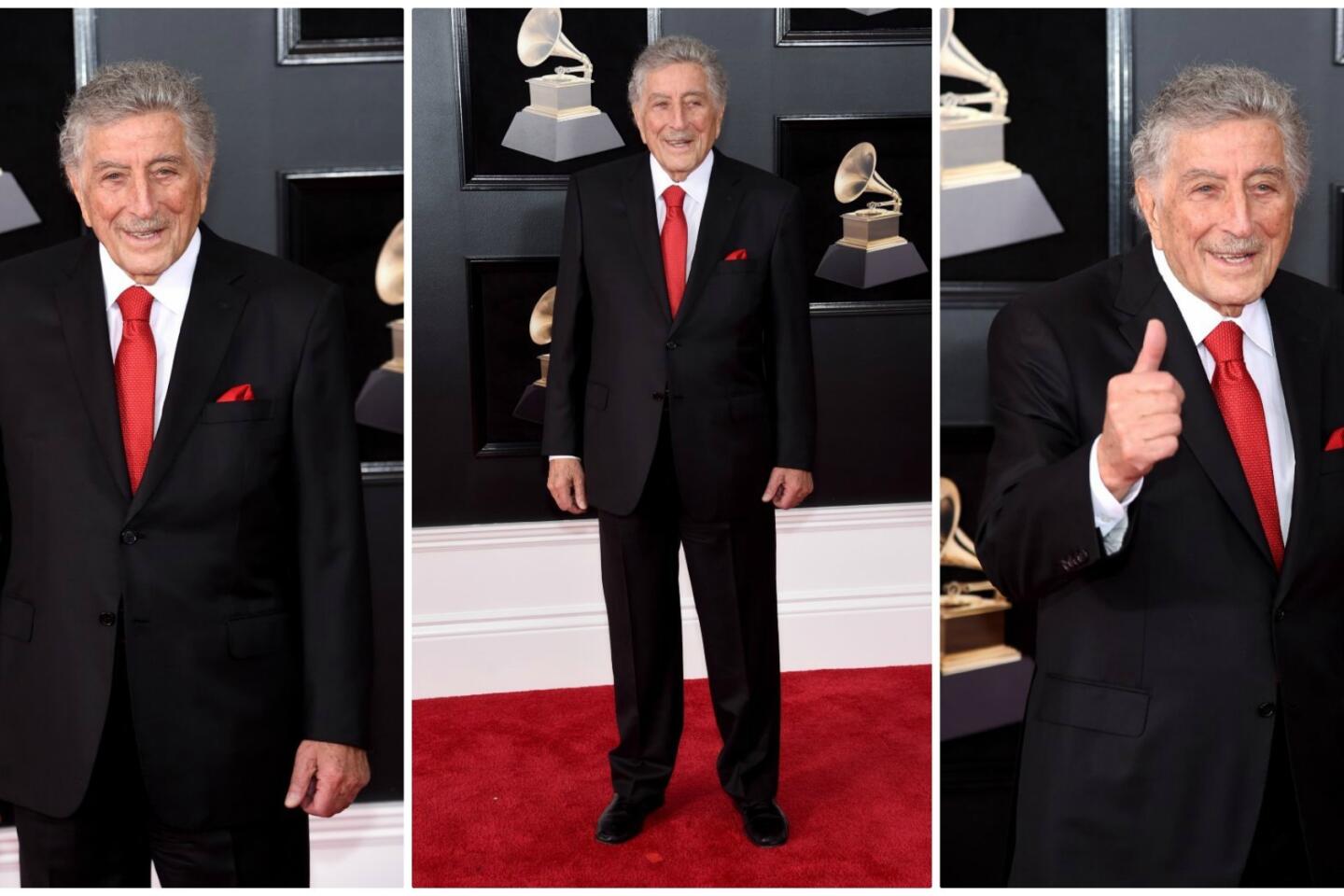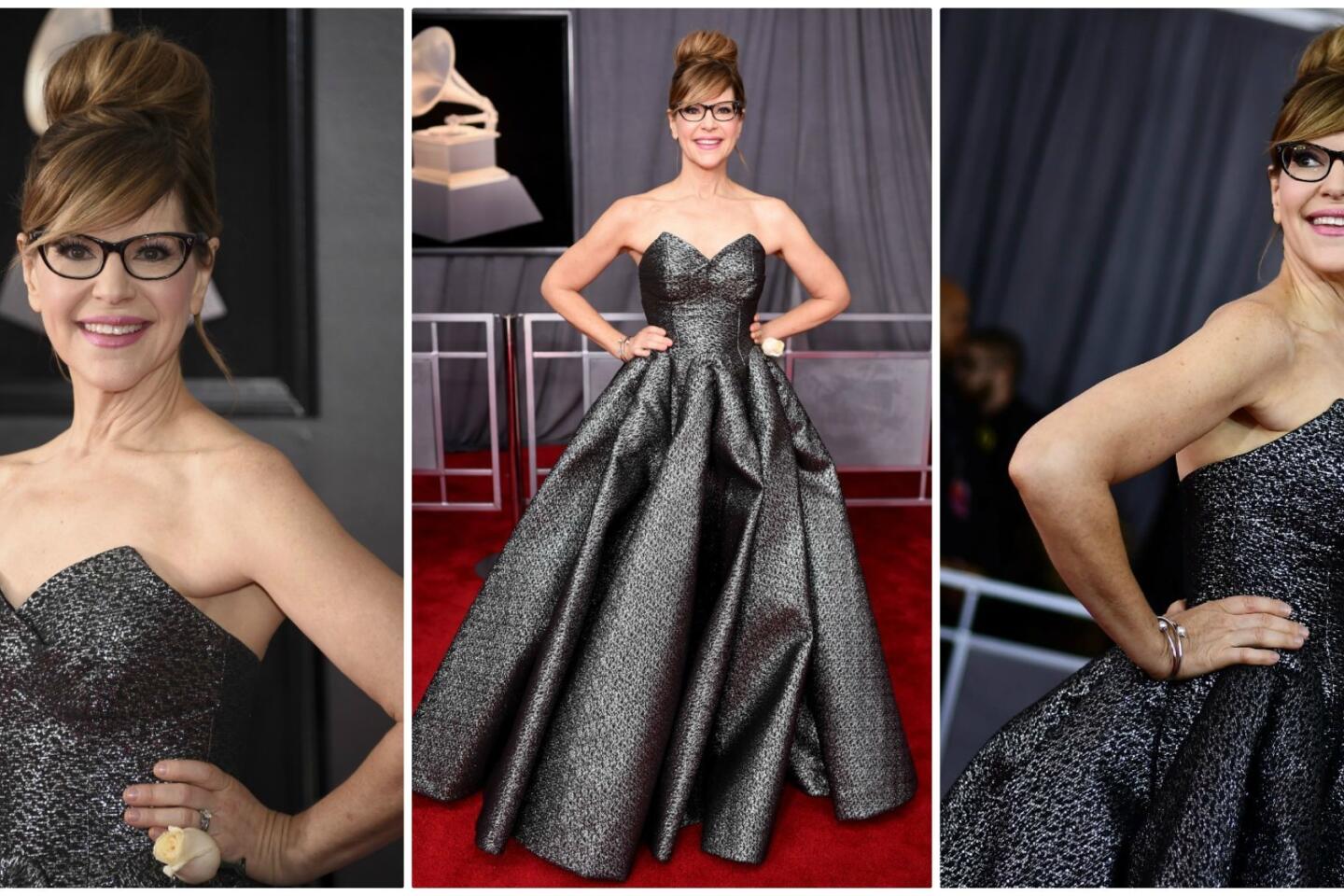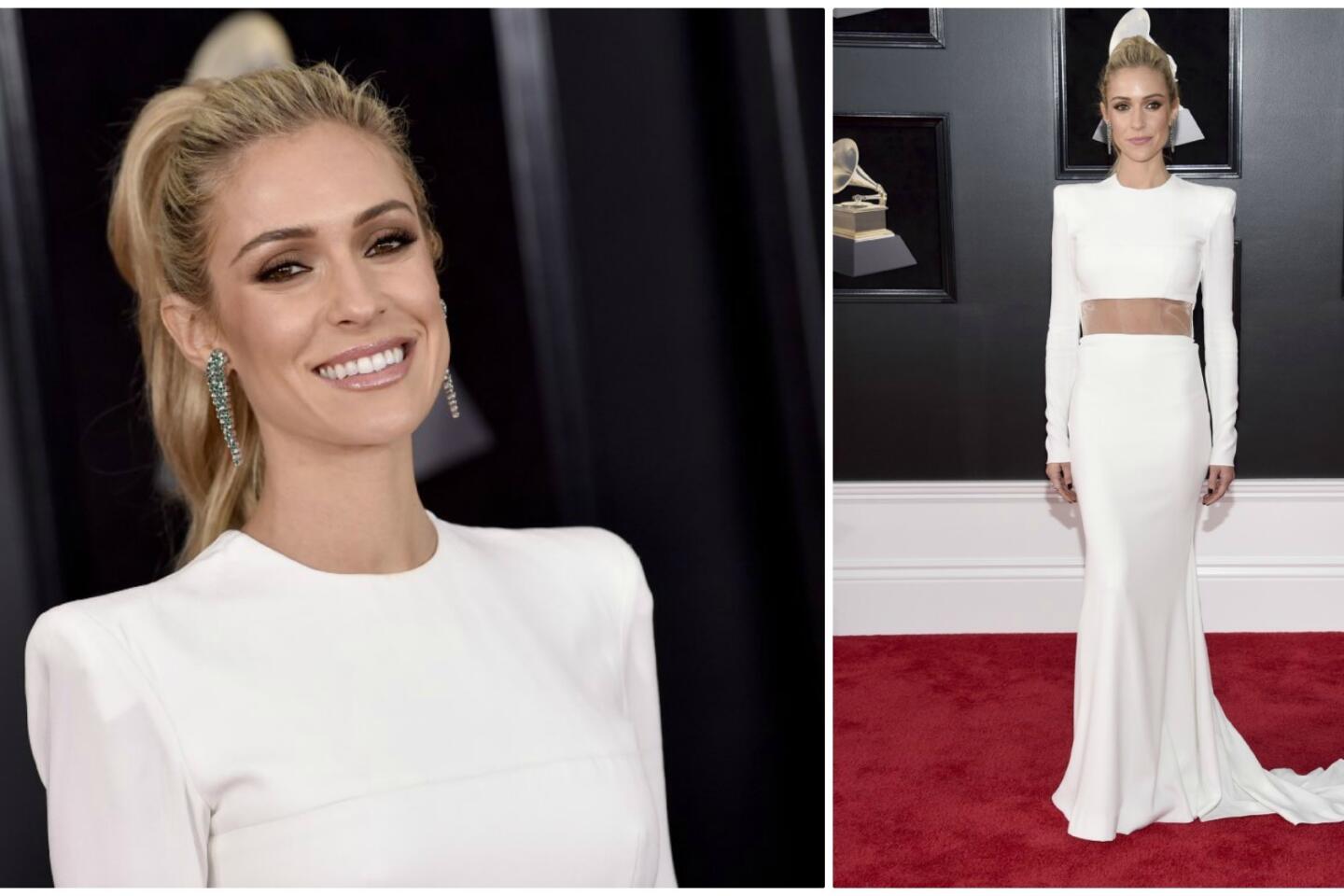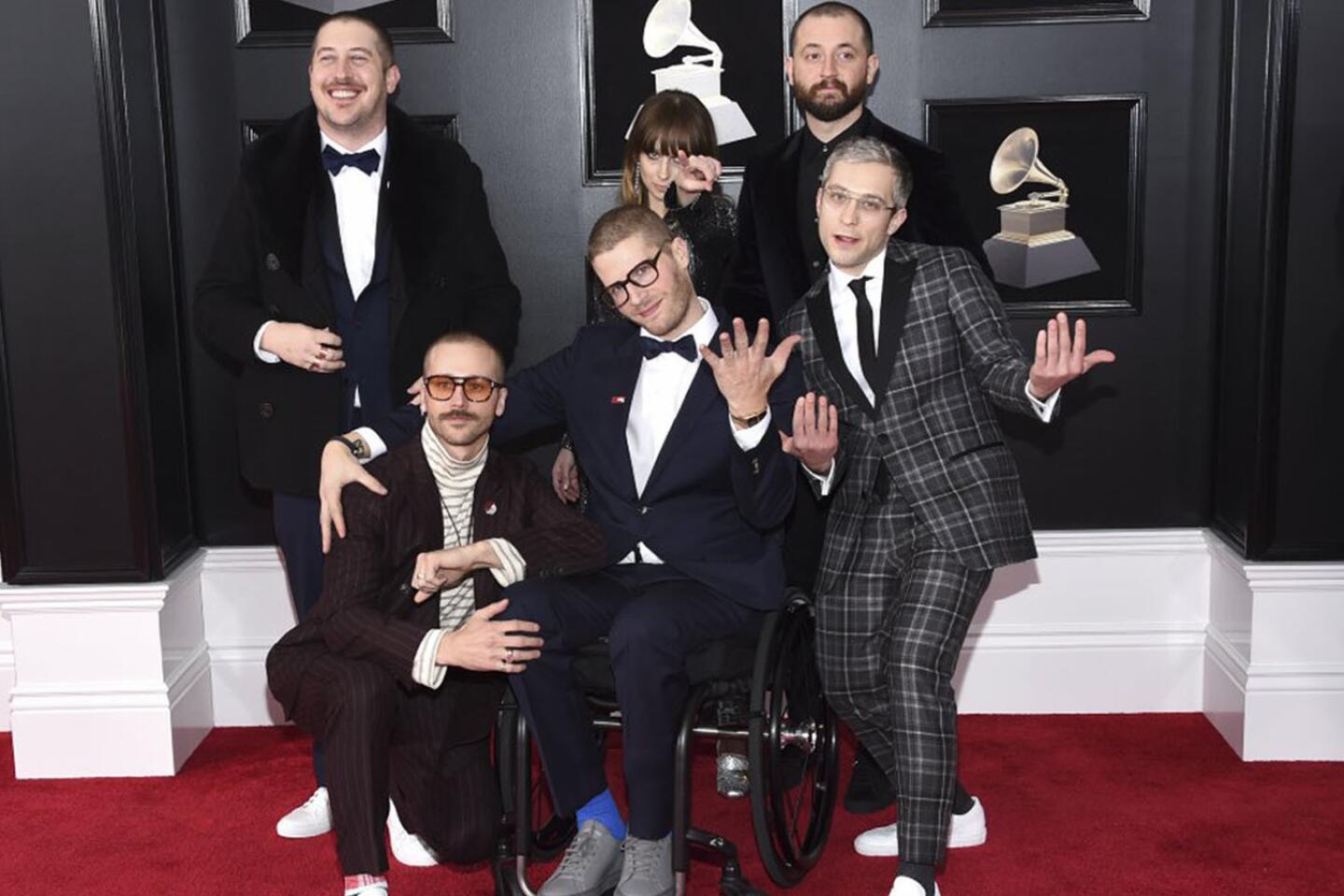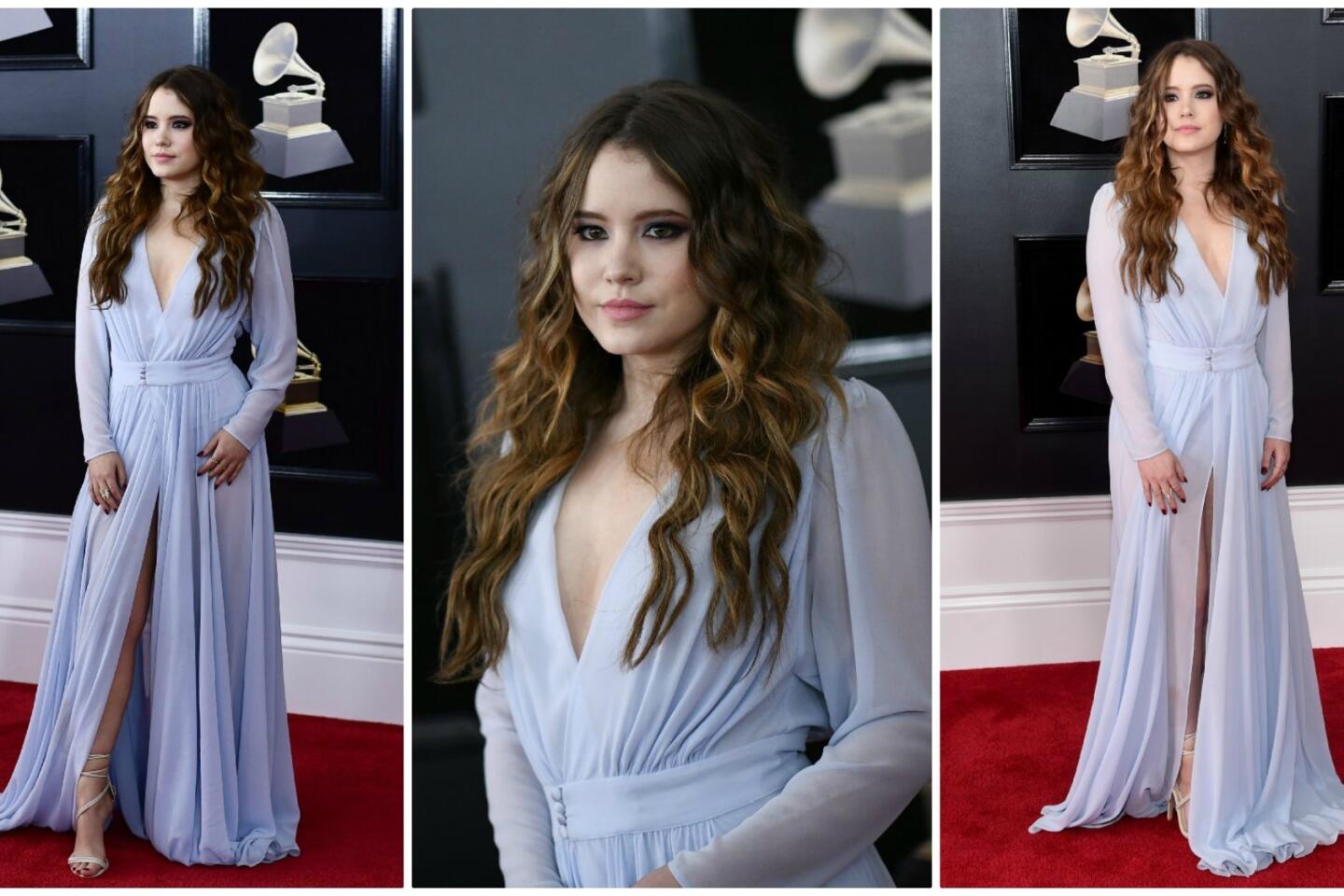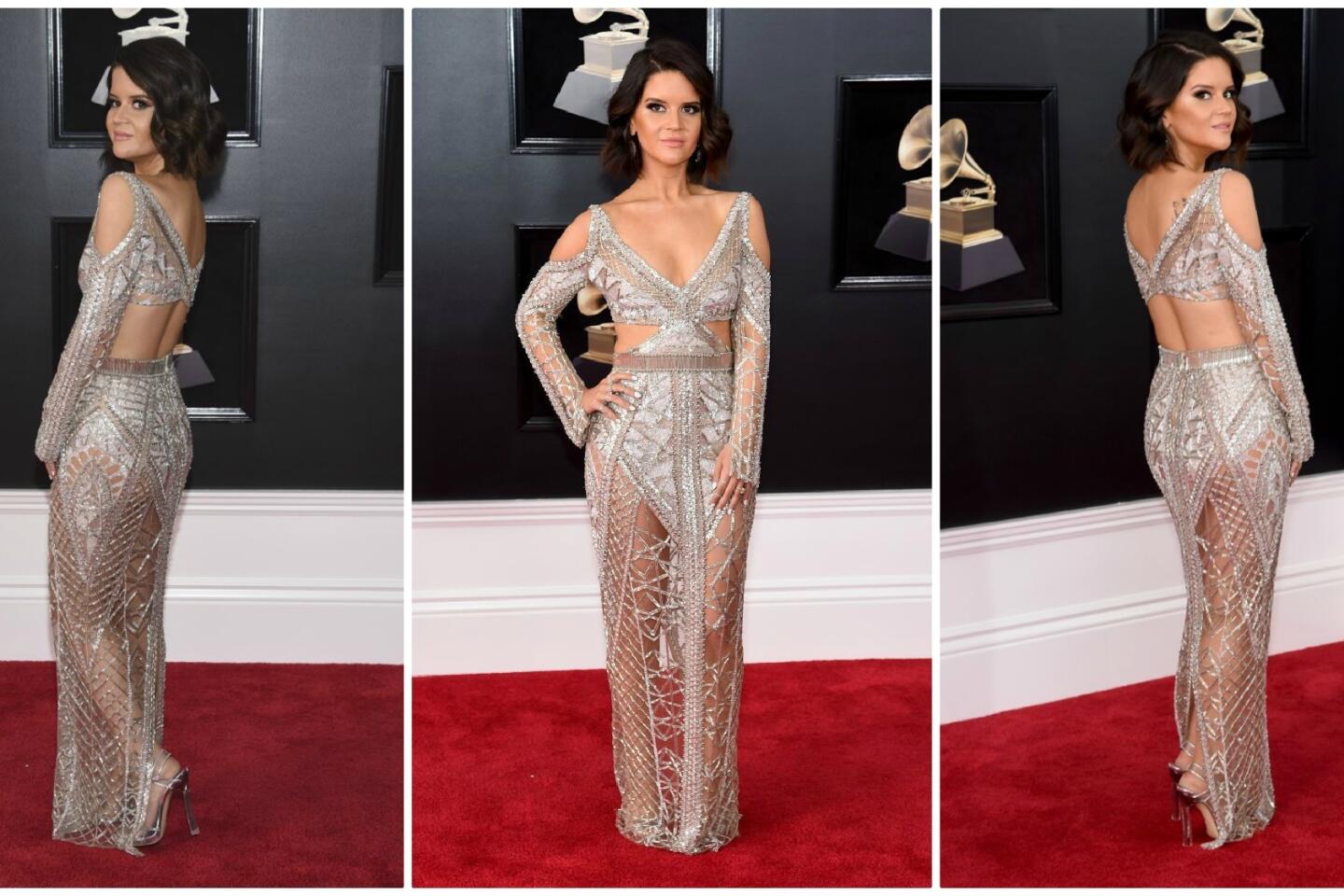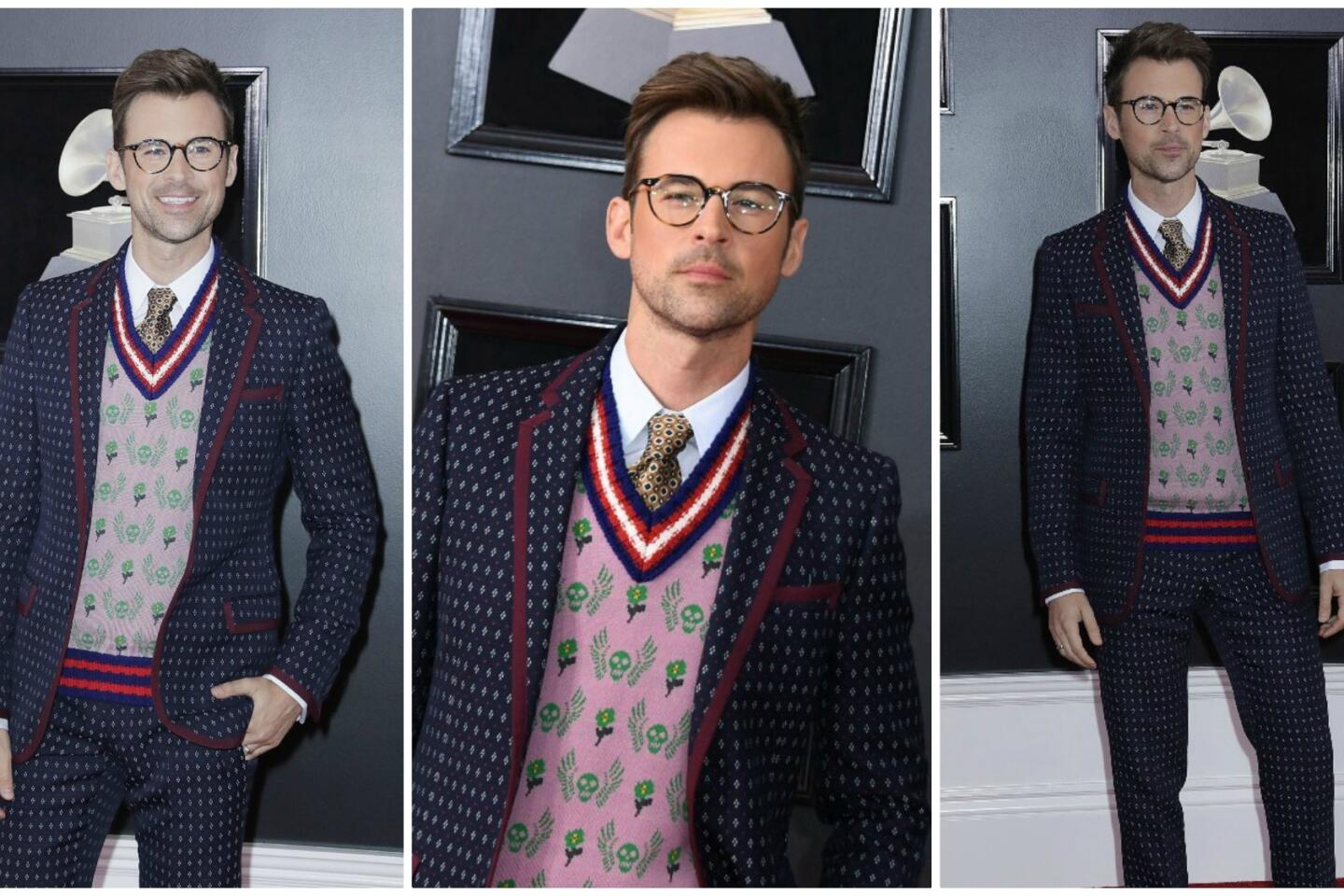The Grammys almost got Jay-Z to perform this year. Hereâs why he declined.
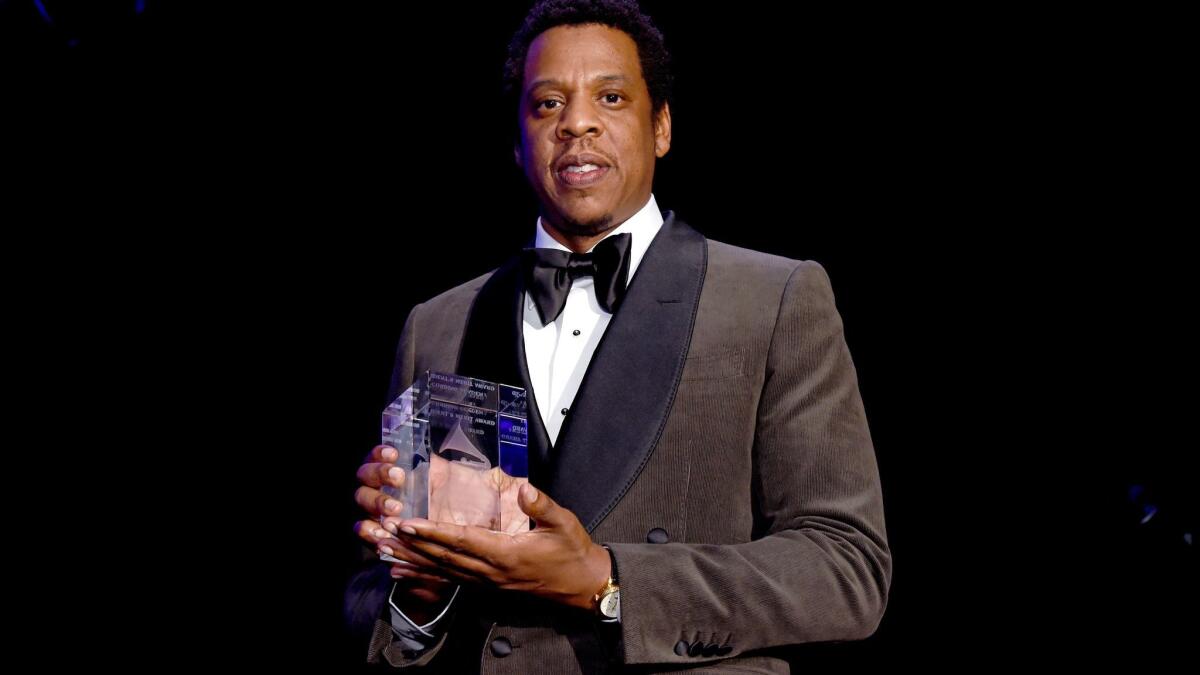
With hip-hop dominating nominations for the 60th Grammys, all eyes will be on how the ceremony will showcase a genre that has historically been underrepresented. This year Jay-Z leads with eight nominations, followed by seven for Kendrick Lamar, and both emcees are front-runners for album of the year and landed in either record or song of the year.
Itâs a rare feat for hip-hop acts. And while one of the nightâs highlight performances will surely come from Lamar (heâs set to open the show with an explosive medley), the nightâs leading man, Jay-Z, declined to perform anything from his incredibly personal â4:44,â show producers confirmed during rehearsals last week.
âWeâve been kind of quiet about that,â said Ken Ehrlich, the telecastâs longtime executive producer. âWe had a conversation that we thought was going to lead to a performance and really only two weeks ago he basically said heâd rather not. He wanted to come and enjoy the show. And I understand. This is not a man who has been under-tributed. His life has been full of these moments; heâs given us a couple great ones too. But still, there was that conversation of, âAre you sure?ââ
Weeks before Sundayâs ceremony there were chats of a blowout performance that would trace rapâs origins in New York starting with the Sugarhill Gangâs âRapperâs Delightâ and bowing with Jayâs Grammy-winning âEmpire State of Mind,â according to a source close to production.
Although the rapper has been a major fixture at the Grammys (heâs won 21 over his storied career), heâs been vocal about his feelings about hip-hopâs position with the Recording Academy â even protesting the ceremony by declining to attend for a number of years. He used a chunk of his speech at Saturdayâs pre-Grammy gala, where he was given the Industry Icon award, to reflect on his relationship with the awards.
âI [remember being] nominated for some awards but there was this other guy, DMX, who put out two albums that year and wasnât nominated â and I actually boycotted. I didnât come back from 1998 to 2004 when a beautiful young lady, whom I love dearly, had a breakout album [that was] nominated,â he said, nodding toward his wife BeyoncĂŠâs sweep at the 2004 ceremony.
âI realized that art is super-subjective. The academy, they are human like we are and they are voting on things they like. And we can pretend we donât care, but we do. We really care because we are seeing the most incredible artists stand on that stage and we aspire to be that â and so I was like, âI have to be there.â And thatâs the idea for all of us to come together to push this thing further. Now what happens at the Grammys, it is what it is.â
MORE: The age of hip-hop â from the streets to cultural dominance, a special series
For more music news follow me on Twitter:@GerrickKennedy
ALSO
The Grammysâ hip-hop game changers Kendrick Lamar and Jay-Z: An East Coast-West Coast contest
How Comptonâs Rosecrans Avenue became L.A. hip-hopâs Main Street
The rise of XXXTentacion underscores rapâs fraught battle with the law
More to Read
The biggest entertainment stories
Get our big stories about Hollywood, film, television, music, arts, culture and more right in your inbox as soon as they publish.
You may occasionally receive promotional content from the Los Angeles Times.
